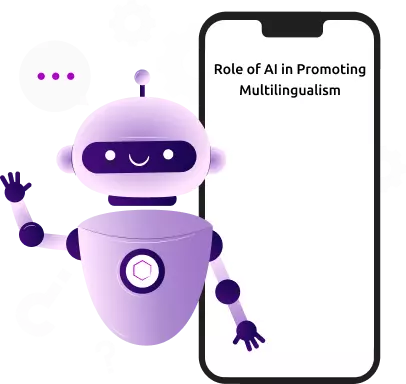- Our Writers
- How to Order
-
Services
Essays
Papers
- Why Us
- Resources
Have you ever struggled with grammar or wondered if your writing sounds just right? Or perhaps you've found it challenging to summarize a long, complex article for a school project?
These are the exact challenges that NLP tools and techniques can help you conquer.
In this blog, we will learn about natural language processing and discover the amazing tools and techniques that can transform your academic writing into a masterpiece.
We'll learn how NLP can help us spot grammar mistakes, detect plagiarism, analyze sentiments, and even generate summaries.
So, let’s get started!
At its core, Natural Language Processing (NLP) is the fusion of linguistics and computer science. It's a field of artificial intelligence that focuses on enabling computers to understand, interpret, and generate human language in a valuable way.
Think of it as the art of teaching machines to "comprehend" language as humans do.
NLP encompasses a wide range of tasks, from basic language analysis to more advanced language generation. It involves teaching computers to recognize grammar rules, understand context, and even detect the sentiment expressed in a text.
In essence, NLP empowers machines to process, analyze, and generate human language—a skillset that holds immense potential for academic writers.
In academic writing, where every word matters, NLP serves as a guardian angel for writers seeking excellence.
Let's explore some of the key tools and techniques that NLP offers to enhance the quality of academic writing.
One of the foundational capabilities of NLP is its ability to perform language analysis. This means breaking down sentences, paragraphs, and entire documents to extract valuable insights.
In academic writing, this translates to a more profound understanding of the language you're using.
NLP libraries and tools like NLTK (Natural Language Toolkit) and spaCy are your trusty companions in this journey. They can help you identify parts of speech, parse sentence structure, and extract entities.
For academic writing, correct grammar and a consistent writing style are non-negotiable.
NLP tools can act as your grammar checker, catching errors and offering suggestions for improvement.
Grammarly is one of the most popular grammar-checking tools powered by NLP. It can spot grammar mistakes and suggest writing style enhancements.
Maintaining academic integrity is a fundamental principle in scholarly writing. Plagiarism, intentional or not, can have serious consequences. NLP comes to the rescue with its ability to detect similarities between your writing and existing sources.
NLP-powered plagiarism detection tools compare your work against a vast database of academic and non-academic content. These tools can Identify similar text and cross-reference citations.
Academic writing is not just about presenting facts; it's also about conveying the emotional tone and impact of research findings. This is where sentiment analysis, another facet of NLP, comes into play.
Sentiment analysis, or opinion mining, involves determining the emotional tone or sentiment expressed in a text. In academic writing, this can be particularly valuable for research abstracts, literature reviews, and discussion sections.
Now that we've explored the key NLP tools, let's delve into specific techniques that can revolutionize your approach to academic writing.
Academic research often involves navigating through lengthy and complex papers, a daunting task for any scholar. This is where NLP's text summarization techniques come to the rescue.
NLP can automatically generate concise and coherent summaries of lengthy academic articles, distilling complex ideas into digestible nuggets of information. These summaries serve as invaluable resources for:
Managing citations and references can be a formidable task, especially for extensive research projects or theses. NLP simplifies this process by assisting you in organizing and formatting your citations.
Tools like Zotero, Mendeley, and EndNote, powered by NLP, can:
Imagine having a writing assistant who can generate abstracts, summaries, or even draft sections of your paper. NLP can turn this vision into reality by automating certain aspects of the writing process.
NLP-driven automated writing tools can:
While these tools offer incredible time-saving potential, it's essential to use them judiciously and review the generated content for accuracy and coherence.
As technology continues to evolve, so does the role of NLP b nin academic writing.
Here are some emerging trends and innovations in the world of NLP that are shaping the future of scholarly communication.
With the global nature of research and academia, there's a growing demand for NLP tools that support multiple languages.
Future developments in NLP will likely focus on enhancing multilingual capabilities, ensuring that researchers from diverse linguistic backgrounds can benefit from these tools.
NLP tools are becoming increasingly customizable, allowing academic writers to tailor them to their specific needs.
This trend is likely to continue, with more tools offering personalized suggestions and recommendations based on individual writing styles and preferences.
Collaboration is a key aspect of academic research.
Future NLP tools may emphasize integration with collaboration platforms, facilitating seamless co-authoring and review processes for researchers working together across the globe.
The field of NLP in academic writing is ripe for exploration and innovation. Here are some areas where further research and development could have a significant impact:
In conclusion, NLP is not just a tool but a powerful ally for academic writers, offering the promise of more efficient, impactful, and accessible research and communication.
As you begin your academic writing journey, consider using natural language processing (NLP) to improve your work and contribute to the ever-growing body of knowledge in your field.
The future of academic writing is here, and it's AI essay writer powered by Natural Language Processing!

WRITTEN BY
Dr. Alex Mercer (Mass Literature and Linguistics, Masters )
Dr. Alex Mercer is a renowned author specializing in AI and academic writing, known for his insightful and informative blogs on EssayService.ai. With a passion for both technology and education, Dr. Mercer has established himself as a trusted voice in the field, providing valuable insights to students, educators, and technology enthusiasts alike.
Dr. Alex Mercer is a renowned author specializing in AI and academic writing, known for his insightful and informative blogs on EssayService.ai. With a passion for both technology and education, Dr. Mercer has established himself as a trusted voice in the field, providing valuable insights to students, educators, and technology enthusiasts alike.
On This Page On This Page
Share this article
AI-Powered Virtual Labs: Revolutionizing Science Education

How AI-Powered Writing Tools are Transforming Academic Writing
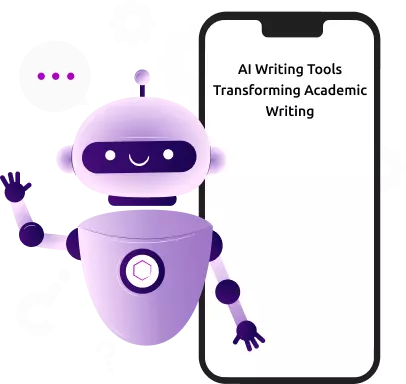
AI Writing Assistants: A Writer Best Friend or Worst Enemy?
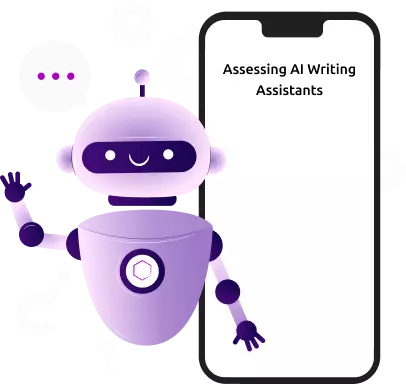
CopyAI vs. EssayService.ai
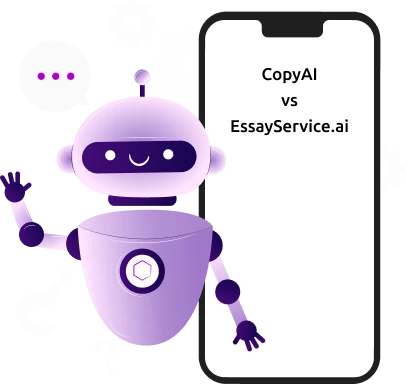
Jasper vs. EssayService.ai
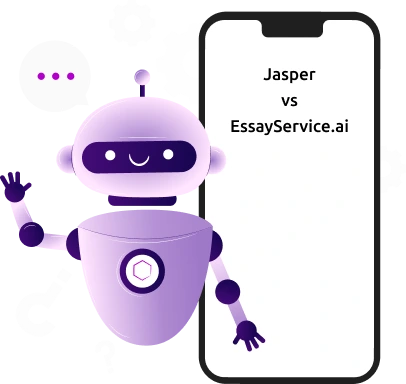
Rytr vs. EssayService.ai
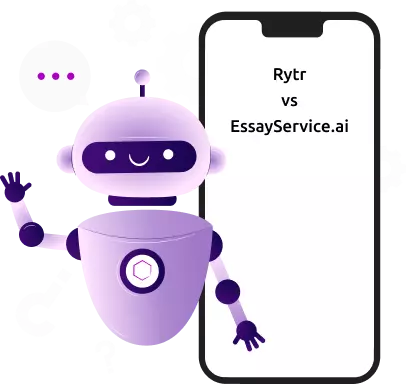
Smodin vs. EssayService.ai

Ethical Considerations in AI-Generated Content

Future Trends of AI in Academics

The Impact of Artificial Intelligence on Education: Current Trends and Future Possibilities

Improving Your Essay Writing with AI: Tips and Strategies
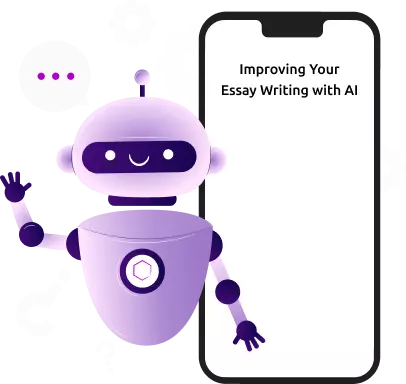
Natural Language Processing in Academic Writing: Tools and Techniques
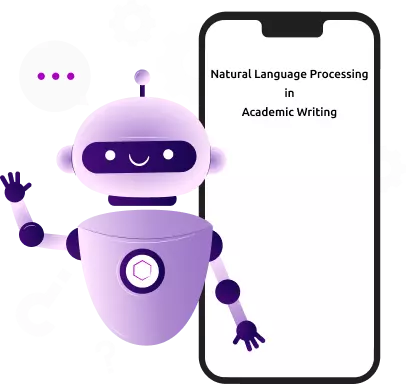
The Psychology of AI-Generated Content: How Do Readers Perceive It?
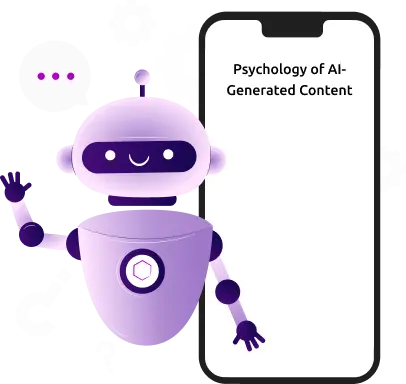
The Role of AI in Promoting Multilingualism: Breaking Language Barriers in Writing
